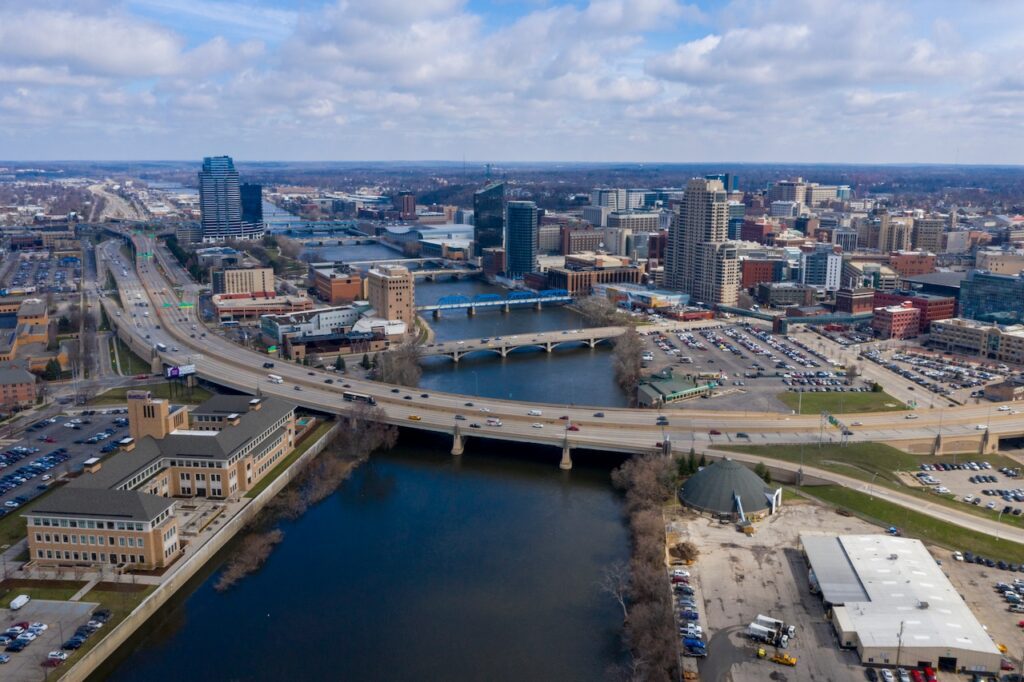Grand Rapids, Michigan, is advancing its Climate Action and Adaptation Plan (CAAP) despite concerns from local business leaders about potential impacts on development and costs. On August 12, the City Commission approved the first 20 priorities of the plan, which aims for a 100% reduction in greenhouse gas emissions by 2050. The plan promotes voluntary measures like improving energy efficiency in buildings and encouraging bicycle use.
Mayor David Ragland emphasized that there would be no penalties for businesses, and the implementation will be analyzed by city staff. However, local stakeholders, including the Grand Rapids Chamber of Commerce, expressed worries that stringent regulations might inhibit housing developments and drive up costs. Commissioner Drew Robbins voted against the plan, fearing it could deter new businesses.
Despite these concerns, other commissioners highlighted the plan’s importance for public health and economic viability. Notable initiatives from the priorities include altering city code for urban agriculture, expanding bike lanes, and promoting composting programs. For further details on CAAP, residents can visit the city’s website.
Source link


